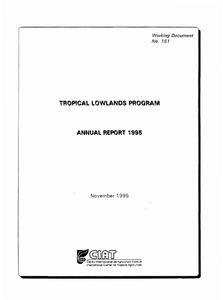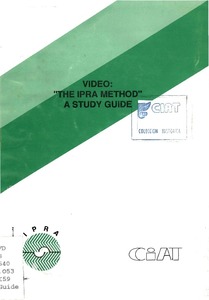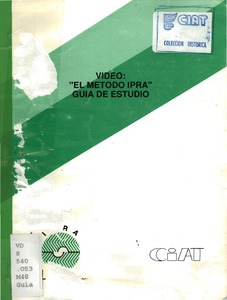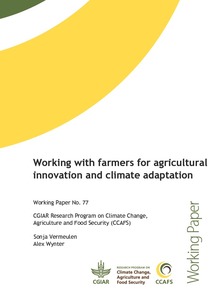The 'Trickle Down' of IWRM: a case study of local-level realities in the Inkomati Water Management Area, South Africa
The historical legacy in South Africa of apartheid and the resulting discriminatory policies and power imbalances are critical to understanding how water is managed and allocated, and how people participate in designated water governance structures. The progressive post-apartheid National Water Act (NWA) is the principal legal instrument related to water governance which has broadly embraced the principles of Integrated Water Resources Management (IWRM).
Trends and Outlook: Agricultural Water Management in southern Africa. Country report - Malawi. [Project report submitted to United States Agency for International Development’s (USAID’s) Feed the Future Program].
Trends and Outlook: Agricultural Water Management in southern Africa. Country report - Zimbabwe. [Project report submitted to United States Agency for International Development’s (USAID’s) Feed the Future Program].
Tropical Lowlands Program: Annual Report 1995
Understanding determinants of farmers’ investments in, and impacts of, soil and water conservation in Ethiopia: review and synthesis [Abstract only]
Although there has been a considerable effort to reduce soil erosion and improve land productivity in Ethiopia, farmers’ investments in SWC remain limited. There is a long and rich tradition of empirical research that seeks to identify the determinants that affect farmers’ investments in SWC practices. Nevertheless, the results regarding these determinants have been inconsistent and scattered. Moreover, the impacts of different SWC practices have not been reviewed and synthesized.
Water management for sustainable agricultural intensification and smallholder resilience in Sub-Saharan Africa
Water management strategies and allocation policies that support agricultural intensification across agro-ecological zones and hydrologic basins are required for building resilient agrarian communities in sub-Saharan Africa.We provide an overview of the research and investments needed to enhance agriculture in the region, with a focus on technology and institutions, while describing opportunities for improving rainfed crop production.We discuss a range of water management practices in three river basins that were part of the Challenge Program onWater and Food research on Basin Development C
Water security and climate change challenges in developing countries
Working with farmers : The key to achieving adoption of more sustainable cassava production practices on sloping land in Asia
Working with farmers for agricultural innovation and climate adaptation
The CGIAR Research Program on Climate Change, Agriculture and Food Security (CCAFS), in common with other CGIAR research programs, understands that farmers are at the centre of agricultural innovation and adaptation. This publication describes some of the many ways in which CCAFS works with farmers and farmers’ organizations to solve problems generated by climate change.






